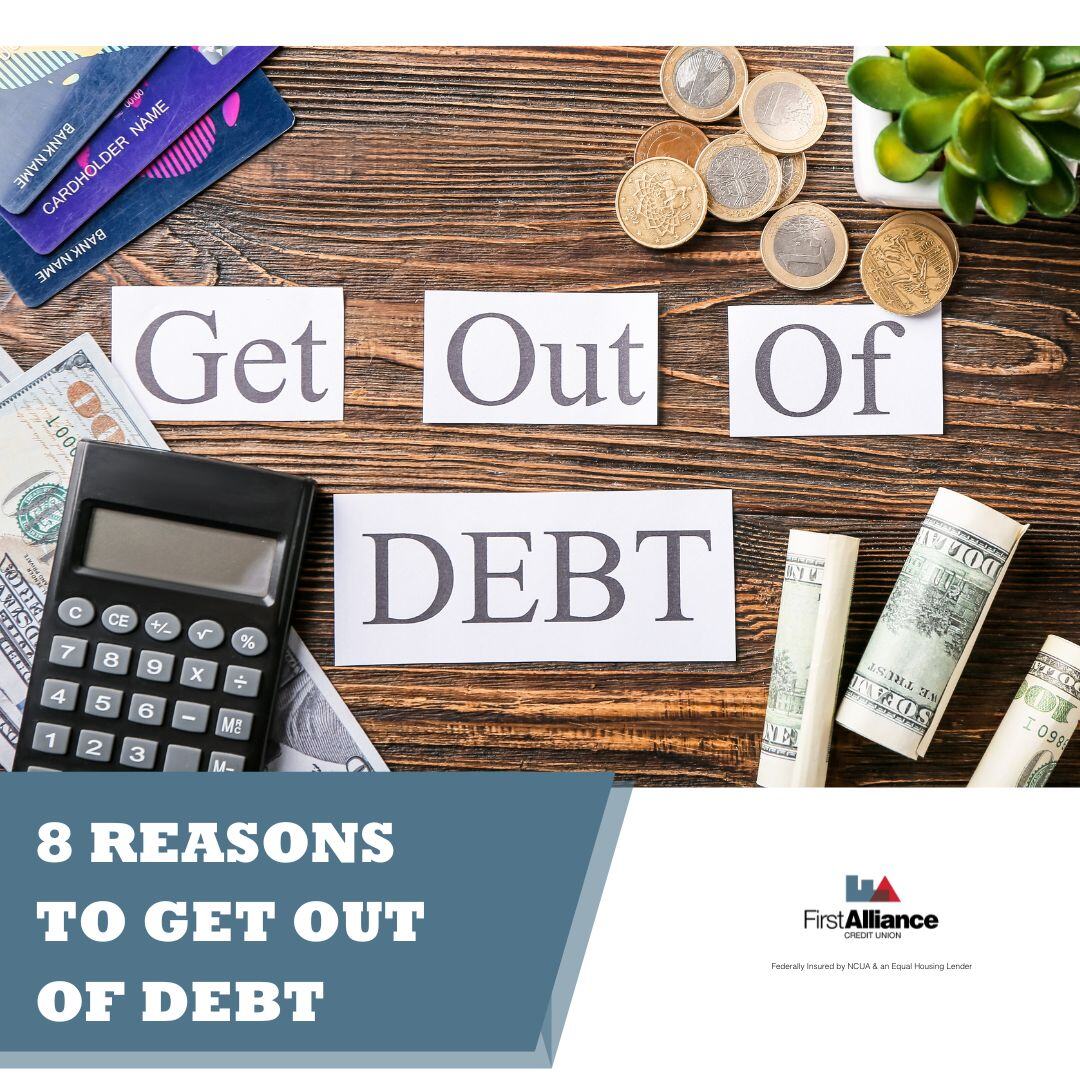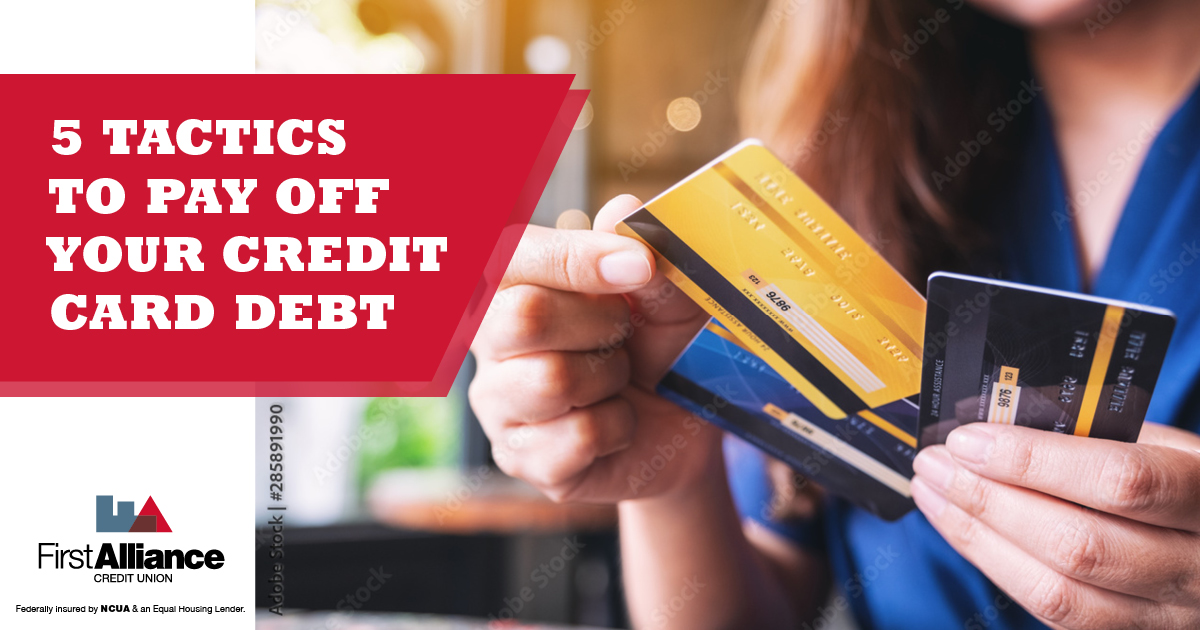8 Reasons to Get Out of Debt
Many people make plans to get out of debt and have many reasons to get out of debt, but sometimes fail to follow through on their plans. In order to...
-2.png)
No matter who you are, eventually you'll take on debt. That's not necessarily a bad thing, but if you're not careful debt can start spiraling out of control, and you can find yourself drowning in payments for mortgages, credit cards, student loans and auto loans.
While your first instinct might be to disappear in the north woods of Minnesota, resist the urge. You can take steps to get your debt under control and start paying it off.
-1.png?width=2500&height=1312&name=MicrosoftTeams-image%20(15)-1.png)
The first step in figuring out how to get debt under control is to understand the current state of your finances. Make a list of all your current debts. List all your debts, including:
You should also list out your monthly expenses on other things, such as utilities, transportation, food, and entertainment. This allows you to put your debt into a bigger perspective to analyze the best method to reduce it as quickly as possible while still paying for your basic needs.
Once you have organized your finances, create a budget and stick to it. List your important expenses such as housing, utilities, and food, then make cuts where you can. Limit spending, eat more meals at home and avoid buying non-necessities until you’ve got a reign on your debt.
Paying your debts on time, even if it’s just the minimum payment, is critical for keeping your debt in control. Interest charges increase the amount of money you pay over the life of the loan, especially with higher interest items like credit cards. Making a late payment can increase the minimum monthly payment, spike your interest rate, lower your credit score, or cause the company to assess a pricey late fee to pay on top of the late payment. Set up auto-pay if you aren’t good at remembering due dates or keep the dates in an organizer or calendar.
If you have a lot of credit card debt it is likely you’ve got high interest rates. Consider transferring your balances to the card with the lowest interest or shop around for a card that offers a low or no percent transfer rate. A personal loan with a lower rate is another alternative for consolidating your debt. There may be some fees associated with transferring balances, so make sure you do thorough research before you choose this option. If transferring balances doesn’t seem to be a good idea, you can also look into debt consolidation loans.
While not ideal, bankruptcy can be a resource if your debt is so out of control that you can’t catch up. Filing for bankruptcy is not something to take lightly, as it can have some pretty severe consequences. Depending on the type of debt you have, it may also not be very effective. Chapter 13 is one of the most common types of bankruptcy, but, as Berkowitz and Myer point out, it does not discharge debts such as student loans or payments for a DUI accident.
It can be easy to panic and feel overwhelmed by your debt, but don’t let it get the best of you. By following these five steps, you can start to get your debt under control, and even get it paid off.
You can also make debt less frightening when you become a member of First Alliance Credit Union. We offer a lot of resources that can help you get your debt under control once and for all. In addition to organizing your debt, you can also use our debt calculator to figure out how much you'll end up paying--and compare it to how much you'd be paying with the debt consolidation loan. Of course, you can also apply for a debt consolidation loan or get a personal line of credit to make paying off your debts easier.
If you're struggling with debt, which of these steps would be the most helpful for you? Which step would you be able to put into action immediately?

Many people make plans to get out of debt and have many reasons to get out of debt, but sometimes fail to follow through on their plans. In order to...

When most people realize that they’ve racked up a significant amount of credit card debt, they usually have two thoughts. The first one is that they...

Many people carry revolving debt with their credit cards. Reducing debt can help one’s chances to be considered eligible for loans. The drawbacks...